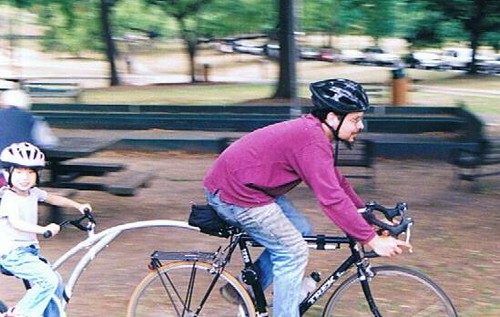🦋 Belano in Africa

Todas las lenguas, todos los murmullos sólo una forma vicaria de preservar durante un tiempo azaroso nuestra identidad.-- Jacobo Urenda
July, 1996
I had forgotten all about Urenda's narration, about this story of Angola and Rwanda and wartime Liberia. It started coming back to me when I was reading about Belano's duel with Iñaki and I've been feeling anxious about it ever since. (Anxious and a little mystified. "I remember that being a long story. How is there going to be space to fit it in to what little remains of part 2?") As it turns out, not really that long a story at 23 pages; but powerfully dense. This narrative could be a book almost by itself. Luigi's death is one of the most frightening, most moving moments in Savage Detectives.The action here is more precisely pinpointed in time than anywhere else; Urenda says he got to Monrovia in April 1996 -- only a few months before he is speaking, and I wonder why he says "April 1996" instead of just "April"* -- I wonder if this has something to do with its being the end of Belano's story.
 ...And we get to the end, the final two interviews in part 2: after Urenda's story we hear from Ernesto GarcÃa Grajales, the only scholar specializing in the Visceral Realists in Mexico and, so he believes, the whole world. The interviewer asks if he has heard of Juan GarcÃa Madero, the first time GarcÃa Madero's name has come up since part 1; he has not. (Is GarcÃa Madero the interviewer? This would kind of work, except he could not have interviewed Amadeo Salvatierra in Mexico City in January 1976.) And finally we get to the end of Salvatierra's story, dawn of the following day, the two young poets promising him that they will find Cesárea Tinajero. *This may just be an idiomatic thing. In Wimmer's translation, Urenda says "I got to Monrovia in April."
posted evening of Monday, December 12th, 2011
➳ More posts about The Savage Detectives
➳ More posts about Roberto Bolaño
➳ More posts about Readings
|







 an informative post
an informative post